Virginia Servera. Photos: Piter Castillo.
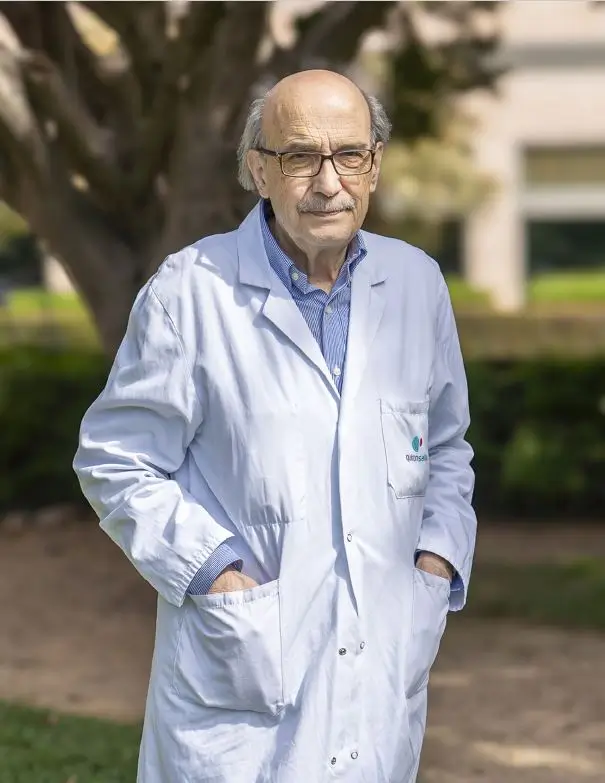 Oriol Bonnín (1946) arrived in Mallorca in 1992. “It was the year of the Barcelona Olympic Games”, he recalls, looking at a photograph of the Barri Gòtic in Barcelona (the place where he was born) which presides over his office. Since then, thirty-two years have passed in which he has treated more than ten thousand patients with cardiac pathologies, including the famous Johan Cruyff.
Oriol Bonnín (1946) arrived in Mallorca in 1992. “It was the year of the Barcelona Olympic Games”, he recalls, looking at a photograph of the Barri Gòtic in Barcelona (the place where he was born) which presides over his office. Since then, thirty-two years have passed in which he has treated more than ten thousand patients with cardiac pathologies, including the famous Johan Cruyff.
The renowned cardiac surgeon Bonnín was the driving force behind the Cardiac Surgery programme in the Balearic Islands and was head of the public service of this speciality until “they retired me”, he says. Today, he continues to treat patients at the Hospital Quirónsalud Palmaplanas. His scientific and social contributions have earned him many awards, including the Gold Medal of the Autonomous Community of the Balearic Islands (2016).
– Is Mallorca still a reference in cardiovascular surgery today?
– In the Balearic Islands, both in the private and public sectors, the results in cardiac surgery are excellent. There is a great variety of people trained in different centres, which is positive because they come with a slightly different mentality and always have something to contribute.
– In 2019 you said that Son Espases was the centre in Spain that cured the most coronary diseases. Does this situation continue?
– I would say yes. Years ago there was a study that found that Son Espases was the centre with the lowest mortality. We were all proud of it and the truth is that it was known everywhere. I think it has been maintained.
– Why are heart transplants not performed in the Balearic Islands?
– Because at the beginning it was considered that the percentage of patients for transplants was low. As with any procedure, it is good that the centre that performs it has sufficient volume and experience. This does not mean that they cannot be carried out… Now it would have to be re-evaluated.
– How was the first transplant performed in Barcelona in which you participated?
– We spent many years preparing and researching… We did transplants on dogs, and also on monkeys brought from Barcelona Zoo (I wouldn’t do them today). At that time, transplants from animals to humans were already valued. But it is difficult for hearts from species that have been evolving for millions of years, despite their similarities, to be successfully transplanted into humans who, if they do not have the same group, reject the heart.
– How many people’s lives have you saved?
– We don’t save anyone’s life because we all have a beginning and an end, but we have operated on many, I don’t count them any more. Some time ago they said: “He operated on more than 12,000…”. And I say: So what? What I do remember a lot is those I have not been able to help.
-What pathologies do you see most frequently in your consulting room?
What we saw a lot of in the beginning were patients with valve disease due to rheumatic fever, which was caused by tonsillitis, when penicillin was not yet available for treatment. After that, what we mostly operated were coronary artery bypass surgeries for coronary artery disease. Among other things, because people smoked, and smoke a lot. Coronary arteries suffer a lot and there are still many coronary patients. Tobacco has been the public enemy of the last century and continues to be the public enemy of this century. And people are still not aware of this. But nowadays, fortunately, thanks to interventionism and the placement of intracoronary devices, many surgeries have been avoided. Ninety percent of coronary patients are treated with stents and interventional techniques carried out by haemodynamists (cardiologists).
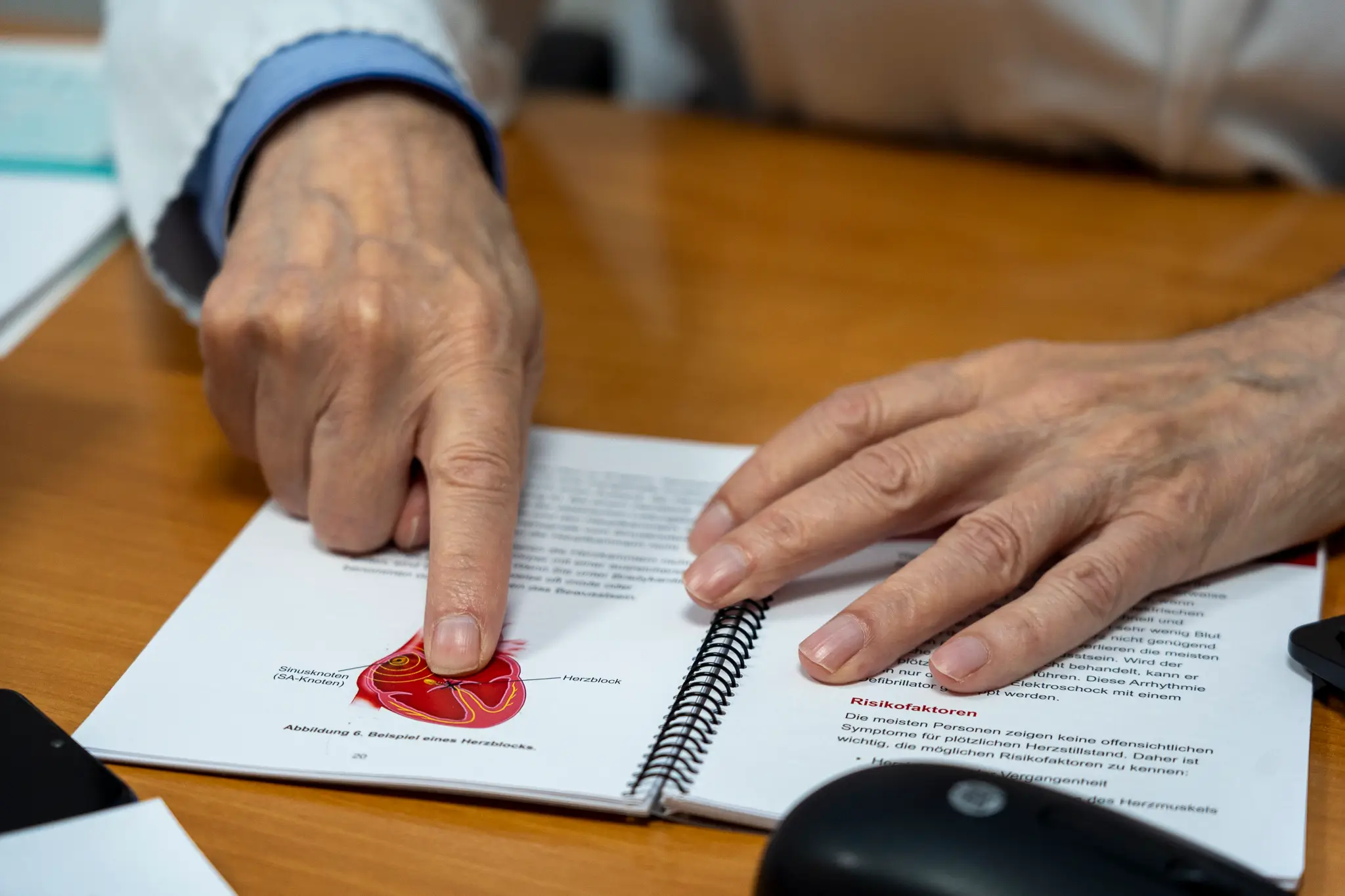
– Any professional mistakes you regret?
– Professional mistakes, no. What I do think sometimes is that maybe some patients should have been told not to have surgery. At the beginning of transplants, as there were no proper means to avoid rejection, one patient after another died. Until an immunosuppressive treatment came out in 1980 (cyclosporine), it was rare to have a case that lasted for months.
-What is the most complex operation you remember?
– Sometimes I have had to operate on patients whose aorta had ruptured or dissected, change the whole aorta, do bypasses, change part of the arteries leading to the brain… These are very complex surgeries. Likewise, as Cooper, an American surgeon, used to say, in cardiac surgery you cannot say that a case is easy because you never know which one might get complicated.
– It is 33 years since you operated onJohan Cruyff in open heart surgery. What was that day like?
– There was a lot of media pressure, I remember. Fortunately it went very well and he was able to continue working. When they told me they thought he had lung cancer I thought he had had all the effects of smoking. But there are millions of people like that. I was very sad when he died because we had an excellent relationship.
– The happiest moment of your career?
– I remember operating on four pregnant women who had sclerosis and were at risk of dying. They were in what is called heart failure and their lungs were waterlogged, which made them fatigued and unable to breathe. I was very pleased to have brought forward not just four lives, but eight.
– How has cardiac surgery evolved?
– A lot, especially from the 1950s to the present. Now we are no longer needed for many things we used to do. This is good for the patient and implies less aggressiveness. But it also means that we are operating on more and more complex patients, both valvular and coronary, because we intervene when the haemodynamicists cannot solve the problem. Cardiac surgery is becoming more complex and more complicated. That is why we need highly trained surgeons, and fortunately there are some.
– What is your opinion of artificial intelligence applied to your speciality?
– I don’t like the fact that they have called it ‘intelligence’; ‘artificial’ seems fine to me. Now it is used, for example, to diagnose what can be seen in chest X-rays and, for the moment, I would suspend it because it makes a lot of mistakes. There is a long way to go and it will be important. However, I believe that changes have to be accepted. If you think that the future is going to be worse than the present, you are wrong.
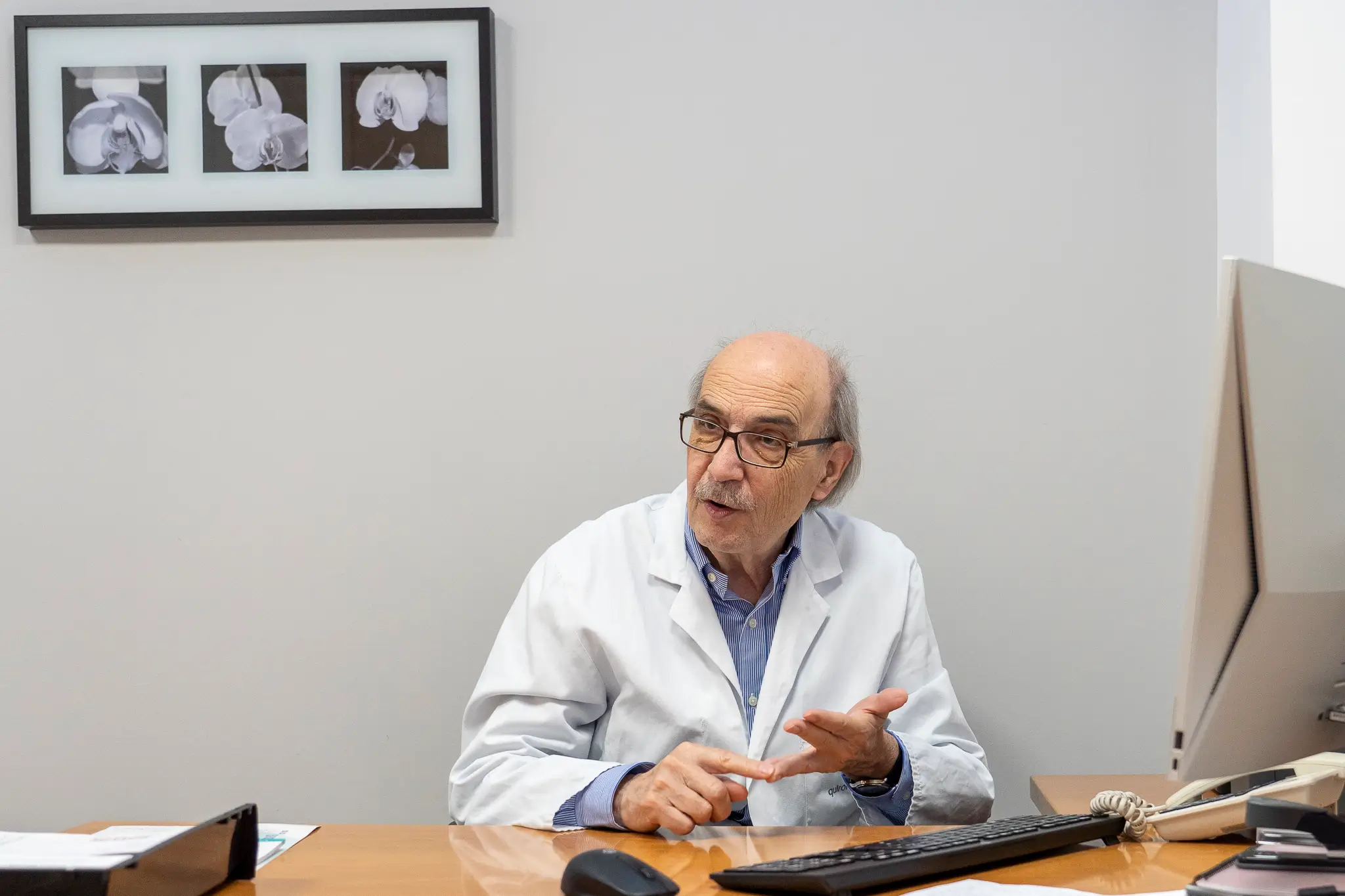
– Are artificial hearts a hope?
– I remember when the Jarvick… What goes inside the heart is blood, which has erythrocytes, red blood cells… It’s not water or petrol, it’s blood. The organism responds badly if you don’t pamper what goes inside and that’s how it was, they had to stop putting in the Jarvick because it was a disaster, when it seemed like they were going to change the world. We have ventricular assist devices and this has come a long way, but in the future could there be an artificial system to replace the heart? If I say no, it would go against my way of thinking because I have always thought that there are new things to come.
– How do we know if our heart is in shape?
– You don’t have to climb all the mountain passes but one exercise that is very good is walking. You don’t have to be a champion cyclist or anything like that, but you do have to exercise and maintain an active life.
– Do you think life expectancy will continue to increase?
– Yes, we are now already in our 80s (in the first world), but we have to see in what condition we are going to be and what we are going to need. More years means more dependency at all levels.
– After so many years, is your passion for this discipline still alive?
– I like it, it has always been like that. A childhood pathology, -he jokes-. My father was a journalist and economist and they thought I would follow in his footsteps, but at the age of 13 I had a great friend with a rheumatic disease affecting both valves that could not be operated on anywhere in the world and he died at the age of 17. That stuck with me and it is clear to me that it was the trigger for me to study cardiac surgery.
– Do you see retirement approaching?
– As long as I am in good health, I will continue to practise. It is also clear to me that if my eyesight fails me, my hands…, the first thing I will say is: That’s enough, I’ve had enough. At the moment, my head is still spinning.

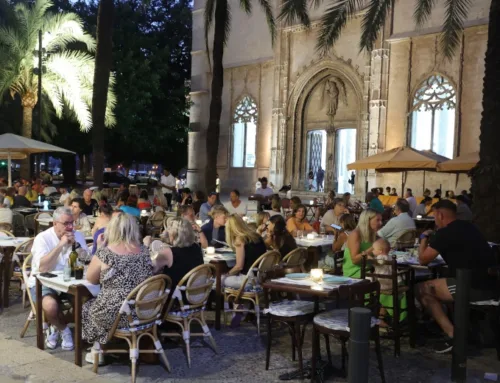
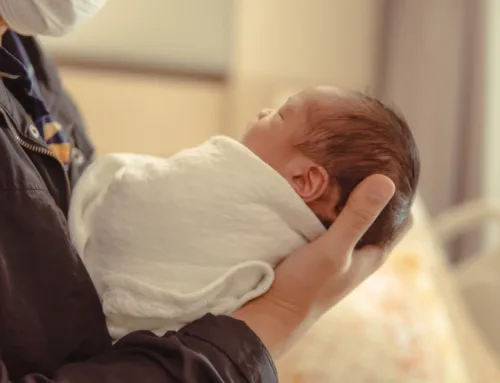
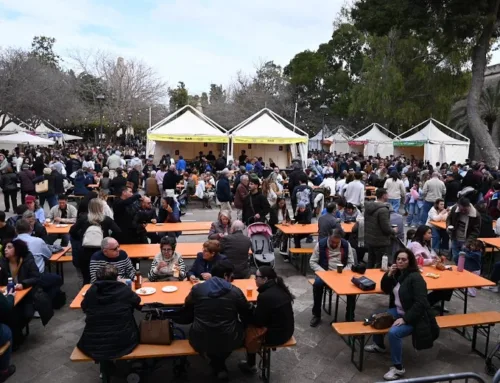
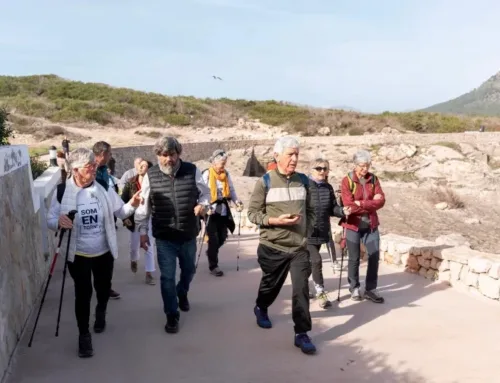
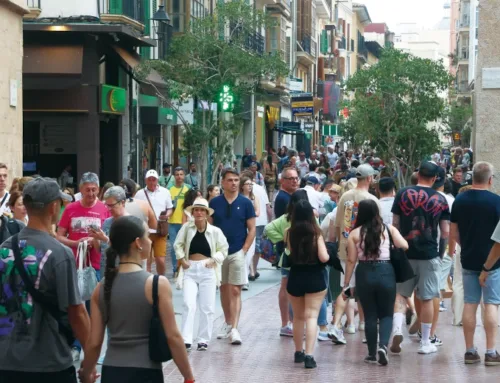

Leave A Comment